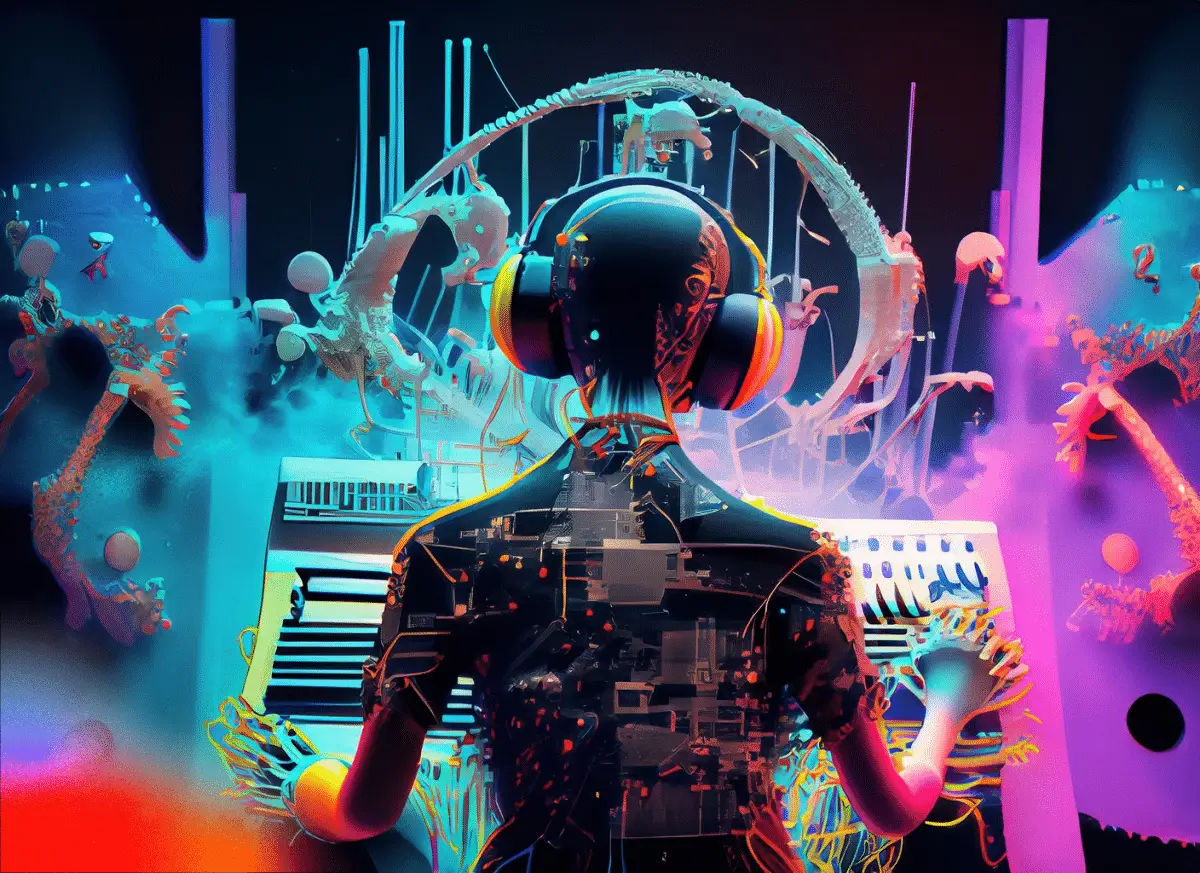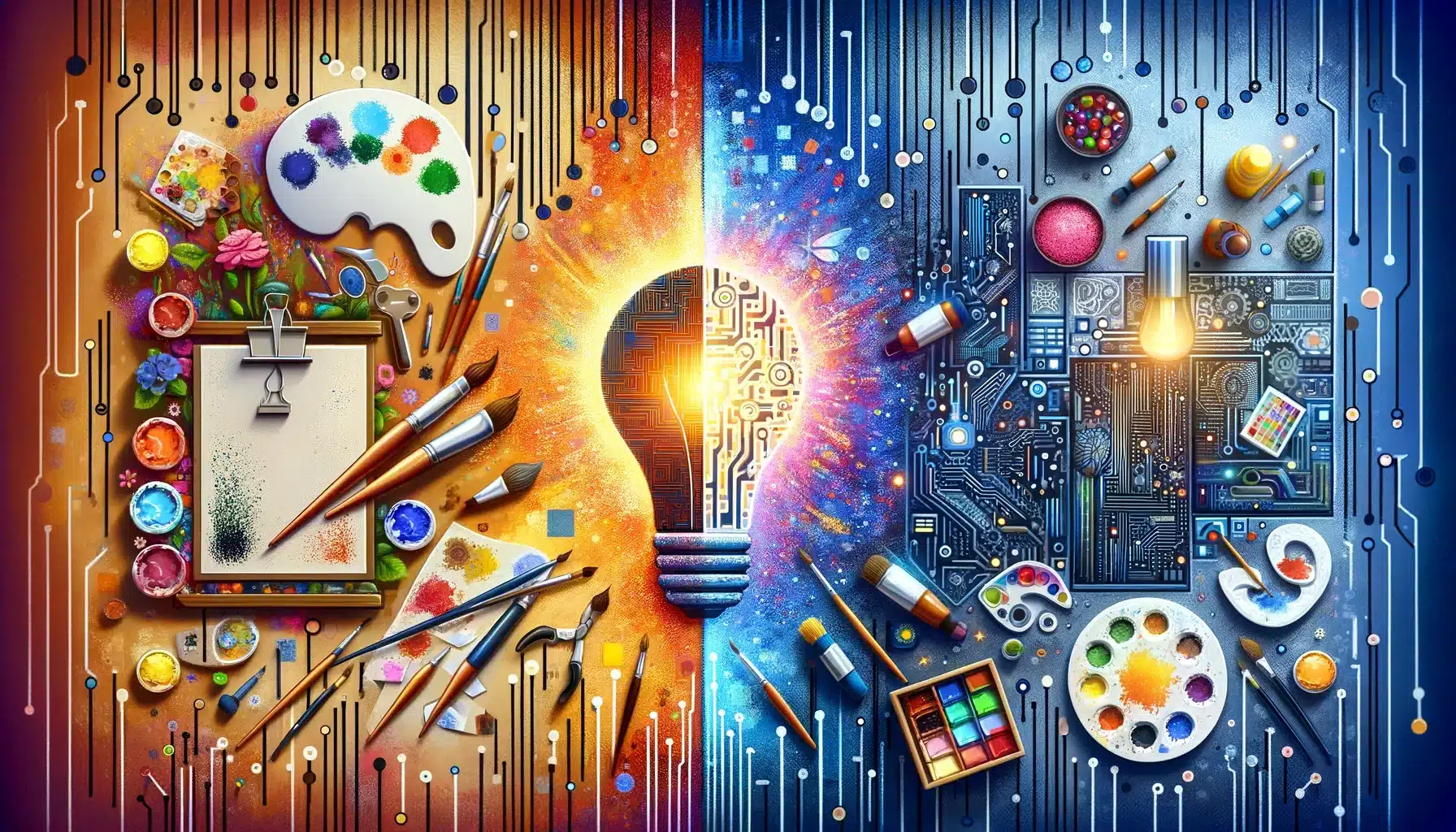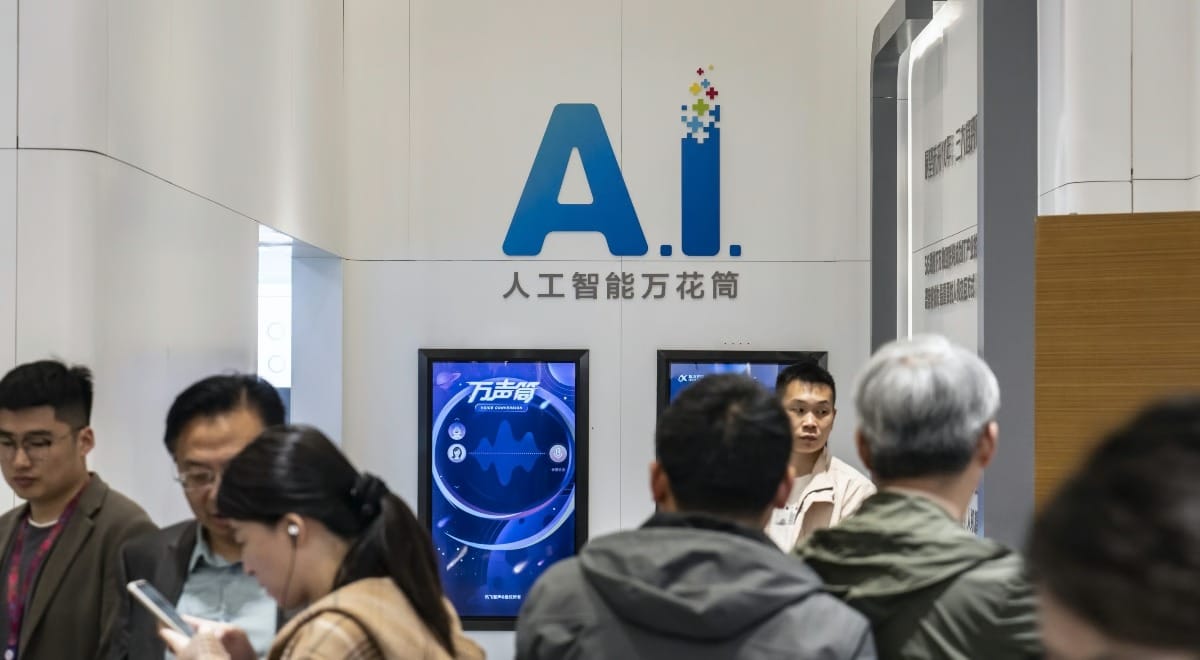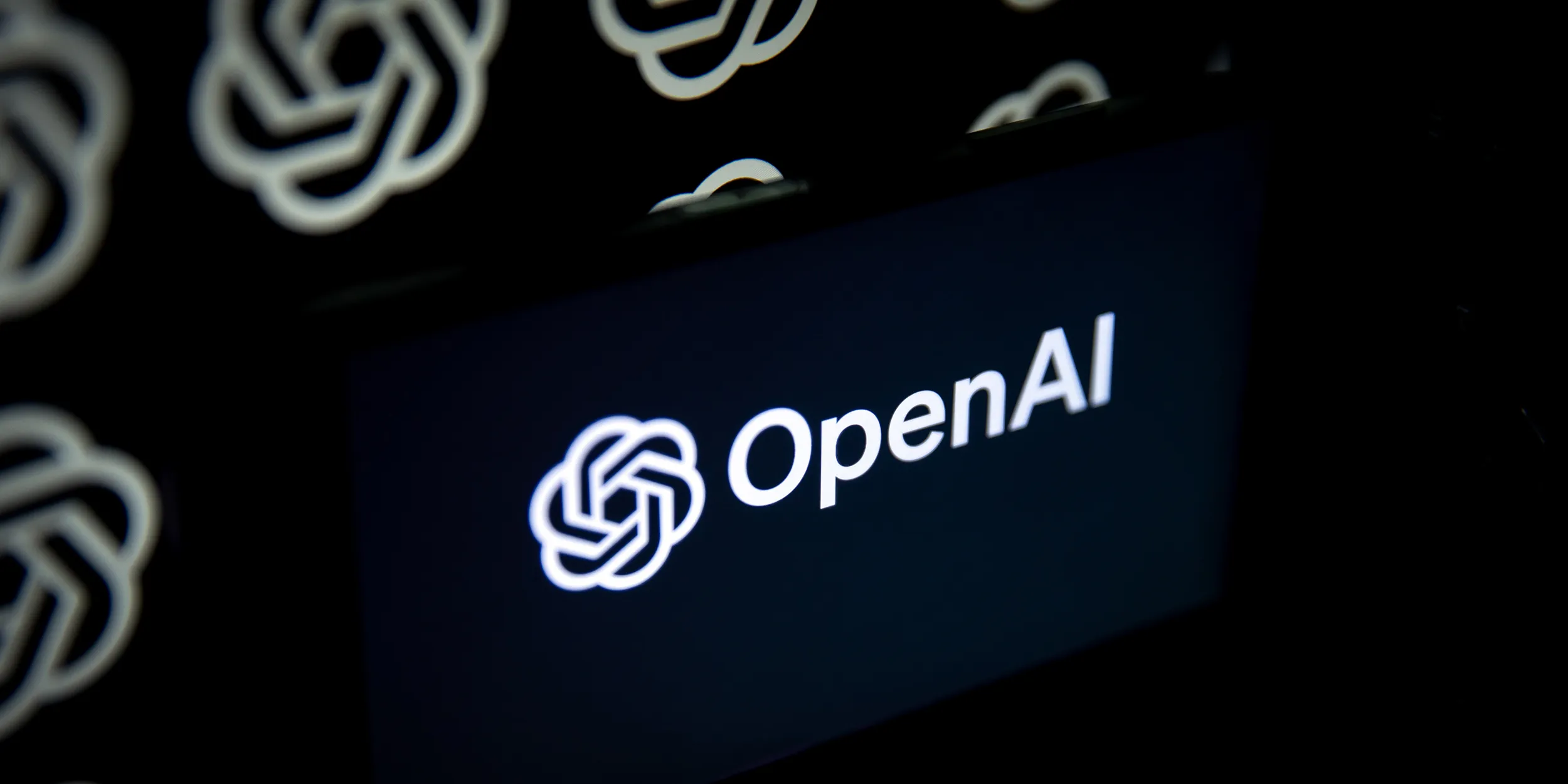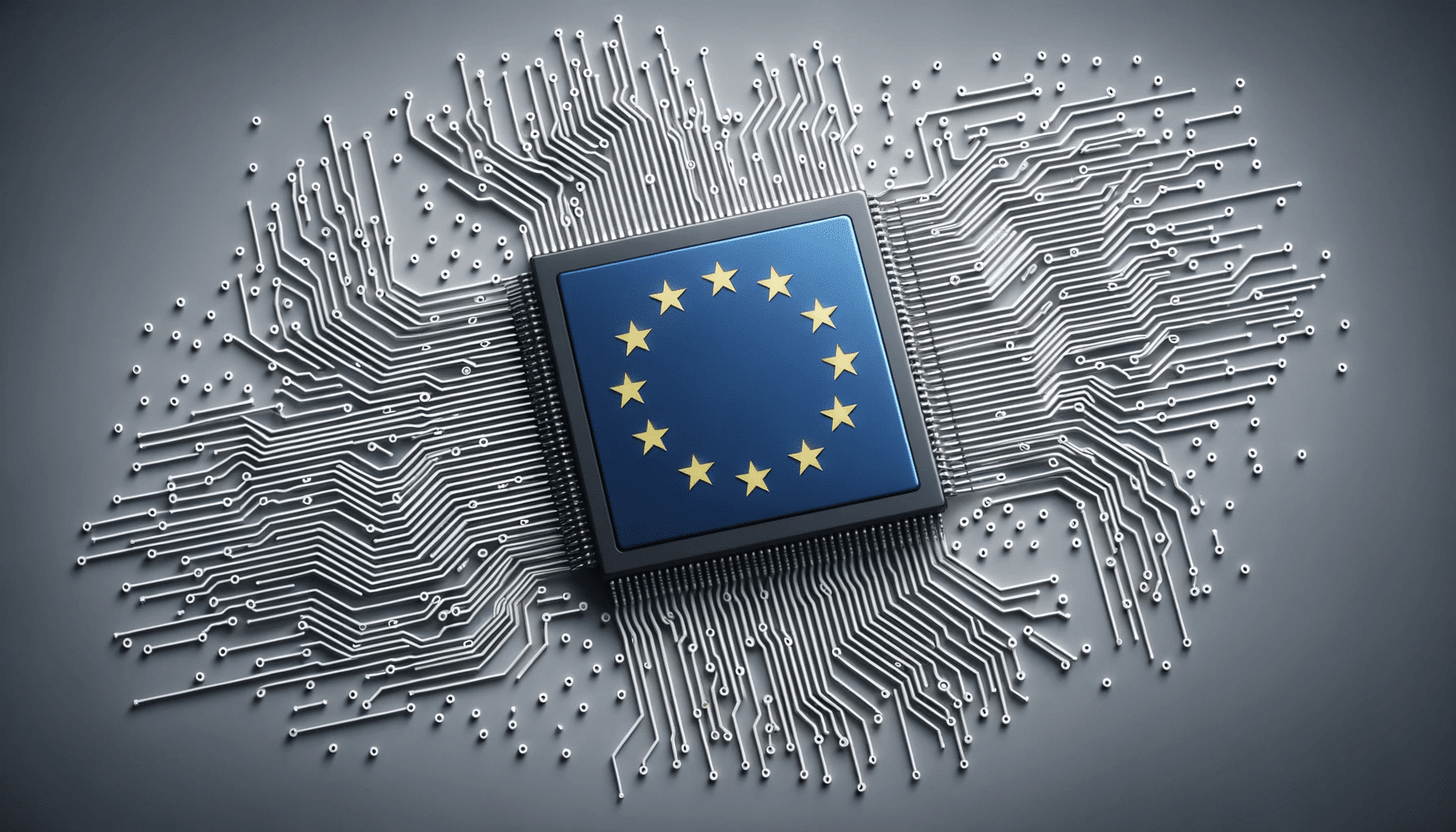- 🔑 Artificial intelligence (AI) presents both opportunities and responsibilities for humanity.
- 🎵 The music industry offers insights into the positive and negative impacts of AI, as artists grapple with AI-generated content.
- 👤 Protecting individual identities, including voice and likeness rights, is crucial for responsible AI development.
- 🤝 Four key principles are proposed: consent for using personal data, monetization of data usage, attribution of AI outputs, and provenance tracking.
- ⚖️ Legislation like the NO FAKES Act and NO AI FRAUD Act aim to establish rules for responsible AI while upholding free speech.
- 🌍 Ultimately, the question is how humanity will guide the development and application of AI for the greater good.
The advent of artificial intelligence (AI) has ushered in a new era of technological advancement, one that promises to reshape virtually every aspect of our lives. From healthcare to transportation, education to entertainment, AI’s potential applications are both vast and profound. However, alongside its remarkable capabilities, AI also raises complex ethical questions and concerns that demand careful consideration and responsible stewardship.
In this ever-evolving landscape, the music industry has emerged as an unlikely bellwether, offering valuable insights into the potential benefits and pitfalls of AI technology. As artists grapple with the implications of AI-generated content, their experiences highlight the delicate balance that must be struck between innovation and the protection of individual rights.
The Music Industry: A Microcosm of AI’s Impact
The music world has already witnessed the transformative power of AI, with artists embracing its potential to create new sonic experiences and engage fans in novel ways. From virtual concerts featuring eerily realistic holograms of deceased performers to AI-assisted songwriting and production, the creative possibilities are seemingly endless.
However, the industry has also faced the specter of AI’s potential misuse, with concerns over the unauthorized scraping and replication of artists’ works, as well as the emergence of deepfakes that can appropriate their identities and voices without consent. These issues strike at the very heart of an artist’s livelihood and identity, serving as a stark reminder of the need for robust safeguards and ethical guidelines.
Principles for Responsible AI Development
As the AI revolution continues to unfold, it is imperative that we establish a framework that fosters innovation while protecting fundamental human rights and civil liberties. To this end, several key principles have been proposed:
- Consent: The use of an individual’s likeness, voice, or personal data to train AI models or create AI-generated content must be predicated on explicit, informed consent.
- Monetization: Where personal data or attributes are used, there must be a fair and transparent system for compensating the individuals whose rights are being leveraged.
- Attribution: AI-generated outputs should be clearly labeled and attributed to their source, enabling transparency and accountability.
- Provenance: AI developers must maintain detailed, publicly accessible records of the data used to train their models, enabling the enforcement of rights and the traceability of AI outputs.
These principles aim to strike a balance between the need for innovation and the protection of individual privacy, identity, and intellectual property rights. By establishing clear guidelines and legal frameworks, we can create an environment that encourages responsible AI development while safeguarding against potential abuses.
Legislation and the Role of Free Speech
In the United States, legislative efforts such as the NO FAKES Act and the NO AI FRAUD Act have been proposed to address the challenges posed by deepfakes and AI-enabled identity theft. These initiatives seek to establish clear rules and penalties for the unauthorized use of an individual’s likeness or voice, while also acknowledging the importance of preserving free speech protections.
Critics may raise concerns about the potential impact on activities such as news reporting, parody, or artistic expression. However, proponents argue that carefully crafted legislation can strike the right balance, prohibiting serious harms while upholding constitutionally protected speech.
Ultimately, the debate surrounding AI regulation highlights the need for ongoing dialogue and a nuanced approach that considers the diverse perspectives and interests at play.
Shaping the Future: Humanity’s Responsibility
As we venture deeper into the age of AI, it becomes increasingly clear that the question is not merely where AI is taking humanity, but rather, where humanity will choose to guide AI. We have a collective responsibility to ensure that this powerful technology is developed and deployed in a manner that serves the greater good, while also safeguarding fundamental human rights and values.
By embracing a principled and ethical approach to AI development, we can harness its immense potential for innovation and progress while mitigating the risks and unintended consequences that could arise from its misuse or unchecked proliferation.
The music industry’s experiences serve as a microcosm of the broader challenges and opportunities posed by AI, offering valuable lessons and insights that can inform our path forward. As we navigate this uncharted territory, it is imperative that we remain vigilant, collaborative, and committed to upholding the highest ethical standards, ensuring that AI remains a tool for human betterment rather than a source of harm or oppression.
